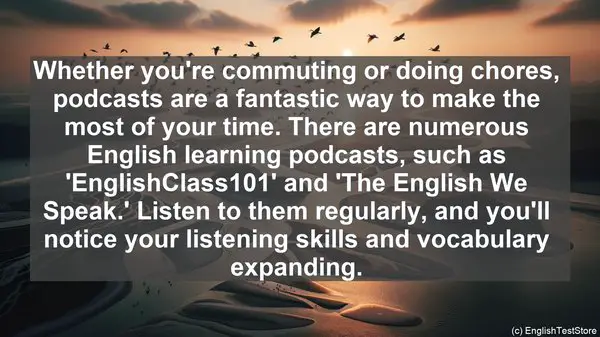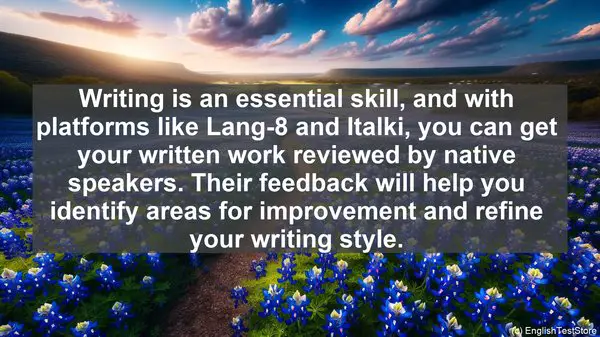Introduction: The Power of Technology in Language Learning
As technology continues to evolve, it has become an indispensable tool for language learners. Today, I’d like to share with you 10 tips on how you can leverage technology to enhance your English learning experience at the B1 level.

1. Language Learning Apps: Your Pocket Companion
With countless language learning apps available, you have a wealth of resources at your fingertips. Apps like Duolingo and Babbel offer interactive exercises, vocabulary builders, and even speaking practice. Make it a habit to spend a few minutes each day on these apps, and you’ll see a significant improvement in your language skills over time.
2. YouTube: Beyond Entertainment
YouTube isn’t just for cat videos and music. It’s a treasure trove of English content. From educational channels like TED-Ed and Crash Course to language learning channels, there’s something for everyone. Explore these channels, watch videos on topics that interest you, and use the subtitles to aid your comprehension.
3. Online Language Exchanges: Learning from Native Speakers
Connecting with native English speakers is now easier than ever. Platforms like Tandem and HelloTalk allow you to find language partners from around the world. Engaging in conversations with them not only improves your speaking skills but also gives you insights into different cultures and perspectives.
4. Podcasts: Learning on the Go
Whether you’re commuting or doing chores, podcasts are a fantastic way to make the most of your time. There are numerous English learning podcasts, such as ‘EnglishClass101’ and ‘The English We Speak.’ Listen to them regularly, and you’ll notice your listening skills and vocabulary expanding.

5. Online Writing Platforms: Getting Feedback
Writing is an essential skill, and with platforms like Lang-8 and Italki, you can get your written work reviewed by native speakers. Their feedback will help you identify areas for improvement and refine your writing style.
6. Digital Flashcards: Mastering Vocabulary
Gone are the days of physical flashcards. With apps like Anki and Quizlet, you can create digital flashcards that adapt to your learning progress. These apps use spaced repetition, ensuring that you review words at the right intervals for maximum retention.
7. Online Grammar Resources: Clearing the Confusion
Grammar can be tricky, but online resources like Grammarly and the Purdue Online Writing Lab (OWL) can be your grammar guides. They provide explanations, examples, and exercises, making grammar learning more interactive and engaging.
8. Virtual Language Communities: Learning Together
Being part of a language learning community can be incredibly motivating. Platforms like Reddit’s ‘English Learning’ subreddit and Facebook groups dedicated to English learners offer a space to ask questions, share resources, and connect with like-minded individuals.
9. Online News: Enhancing Reading Skills
Staying updated with current affairs not only broadens your knowledge but also improves your reading skills. Websites like BBC News and The New York Times provide news articles that cater to different reading levels, ensuring you find content that suits your proficiency.
10. Online Courses: Structured Learning
Lastly, don’t forget the power of online courses. Platforms like Coursera and edX offer a wide range of English courses, from general language skills to business English. These courses provide structured learning, complete with lessons, assignments, and even certificates upon completion.
